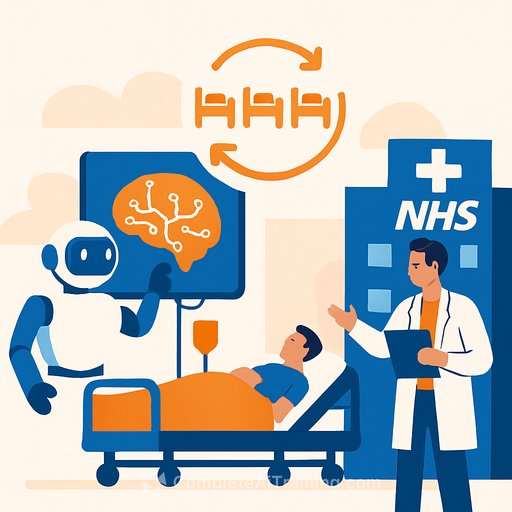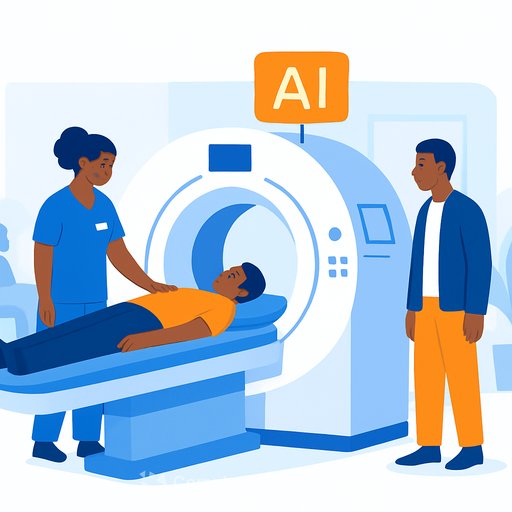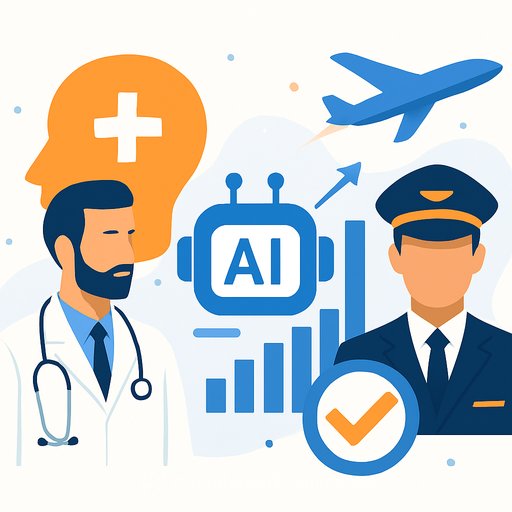How the NHS Is Using AI to Ease Hospital Discharge Backlogs
The NHS is testing an AI platform at Chelsea and Westminster Hospital to speed up patient discharges. This move aims to reduce delays and free up hospital beds faster, helping to ease the pressure on healthcare services.
With a growing and ageing population, the NHS faces increasing demand, leading to longer waiting times and discharge delays. These challenges have pushed NHS leaders to explore how AI can improve service efficiency, especially in streamlining the discharge process.
AI Streamlining the Discharge Process
The trial AI system extracts key patient information such as diagnoses and test results from medical records. It then automatically generates discharge summaries, which healthcare staff review before patients leave or are referred to further care.
Health Secretary Wes Streeting highlighted the potential of this technology to transform NHS operations. He explained that this digital shift is part of a broader 10-year plan to modernise healthcare delivery.
Reducing Bureaucratic Delays
Currently, manual discharge paperwork often causes patients to wait for hours. Busy doctors must balance completing paperwork with providing care, which can slow down patient turnover.
The AI discharge tool operates on the NHS Federated Data Platform, which supports collaboration across health and care organisations. According to the Department for Science, Innovation and Technology, this technology allows doctors to spend less time on paperwork and more time with patients, helping to get people home sooner and free beds for those who need them most.
AI Across Public Sector Services
This discharge platform fits into a wider government plan to integrate AI into public services. Prime Minister Sir Keir Starmer has emphasised AI’s role in enhancing the British economy and public sector efficiency. Similar AI tools are set to launch in other areas, such as the probation service, where they are expected to halve case note preparation time.
Technology Secretary Peter Kyle visited Chelsea and Westminster Hospital to see the AI system in action. He noted that AI helps professionals like doctors and probation officers focus more on delivering better outcomes and speeding up essential services.
Other AI Innovations in the NHS
- An AI-powered physiotherapy app called Flok Health reduced waiting times for back pain treatment by 50% during a 12-week trial in Cambridgeshire and Peterborough, with over 2,500 patients participating.
- AI systems are analysing hospital data to detect safety concerns early and prompt investigations.
- The NHS is also trialling an AI tool that assesses patient disease risks and mortality rates, showing capabilities beyond human analysis.
Peter Kyle highlighted the potential financial benefits of AI integration across government sectors, estimating productivity gains of around US$45 billion. These trials reflect the government’s goal to build a more efficient public sector by reducing administrative burdens while maintaining clinical safety.
For healthcare professionals interested in practical AI applications and training, resources such as Complete AI Training offer courses on AI tools and automation relevant to the healthcare sector.
Your membership also unlocks:





